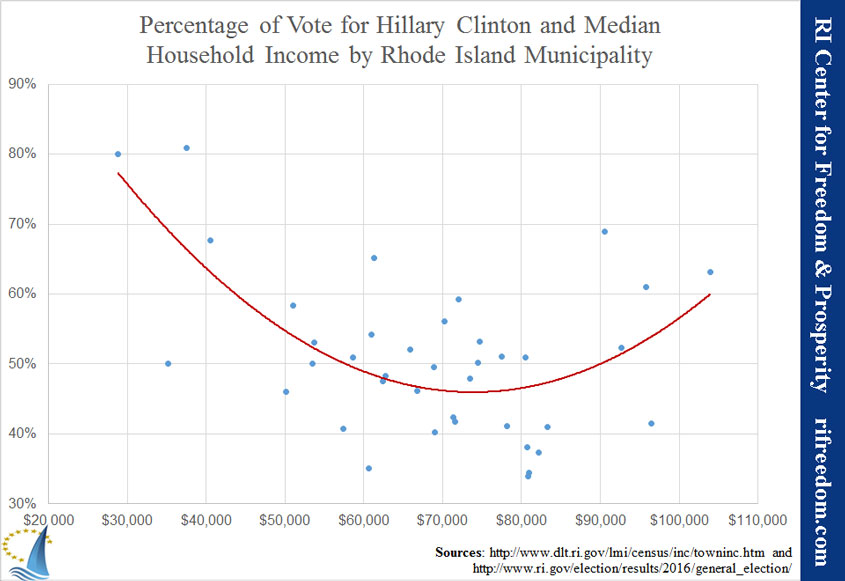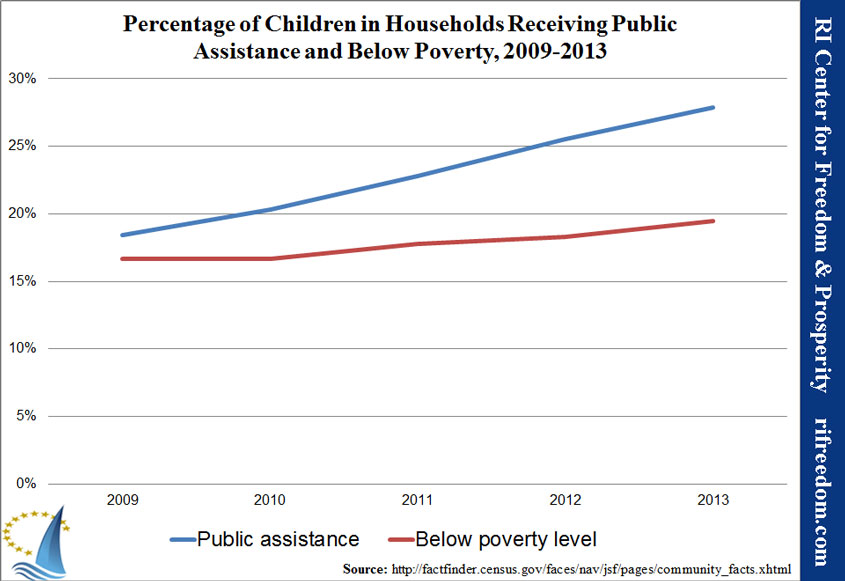A Fishy, Misnamed State Bank
The more I read about this “Rhode Island Infrastructure Bank” being proposed by Governor Gina Raimondo and General Treasurer Seth Magaziner, the worse the idea sounds:
As they envision it, $22 million or so in state tax dollars, left-over federal stimulus dollars and bond proceeds would be funneled to the cities and towns for energy-cutting projects, such as these, through the renamed Rhode Island Clean Water Finance Agency, created in 1990 to provide loans for improvements to sewage and drinking water systems.
So, this will be new municipal debt without, it seems, voter approval.
… the legislation would also salt away an unspecified amount of state money away in “one or more” loan-loss reserve funds to encourage private banks to lend money to private homeowners and businesses for similar kinds of energy-saving building upgrades. The legislation does not say how much.
So, the public would absorb the risk for projects financed by private companies for private entities and individuals.
When asked why National Grid was among those backing legislation that could cut into its revenues by reducing energy use, company vice president Michael Ryan said the answer lies in an earlier “decoupling” law guaranteeing National Grid a “bump” in its rates if usage drops, as a result of energy-efficiency efforts.
So, it won’t actually save Rhode Island money on energy; it’ll simply shift the burden from government agencies and private entities that are able to get the loans onto those who are not.
The answer from treasury staff to many of those questions [about limits to the funds and processes for claiming losses] was this: the “operational details” are not spelled out in the latest, 80-page version of the bill. According to Rogers, details such as these — along with the mechanism for repayment of the loans — would be spelled out, at a future date in “rules and regulations.”
So, the make-or-break details will be out of legislators’ hands.
Robert Boisselle, the lobbyist for the Associated Builders and Contractors of Rhode Island, was among those raising red flags about references in the legislation to “Project Labor Agreements.” Boisselle said such agreements (“illegal in 22 states”) effectively bar non-union shops — with 80 percent of the state’s laborers — from bidding.
So, the prices will be driven up in order to make sure that the money goes directly to union members (and thus filtered back into advocacy and donations for Democrats).
If the whole thing seems risky and even fishy, keep looking, a reader tells me via email. In an op-ed supporting the bank, Magaziner cites the Connecticut Green Bank as a model. Look into the Connecticut Green Bank, and you find this:
[Coalition for Green Capital (CGC)] leaders Reed Hundt, and Ken Berlin were involved with the establishment of Connecticut’s green bank from start to finish and remain closely involved with the banks operations.
Internet searches for former FCC Chairman Hundt, now an investment advisor, turn up a lot of overlap with Magaziner’s father, Ira. More notably, his name turns up in campaign finance reports, with $2,000 in donations to the RI Democratic State Committee in October and $1,000 to Gina Raimondo, last June.
On the other hand, some of us might not need to do that level of digging. It’s enough to know that we have the worst roads and bridges in the country and the people in charge of the state government want a state “infrastructure” bank that helps governments pay to replace their windows.


